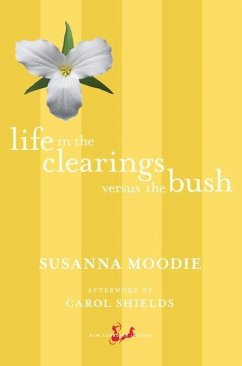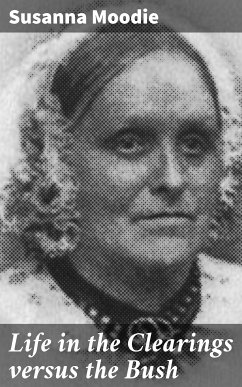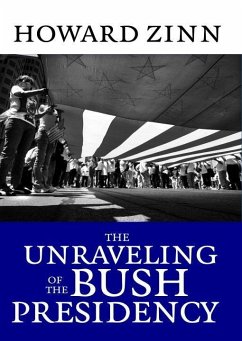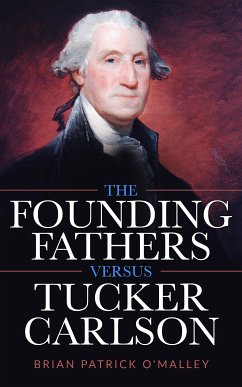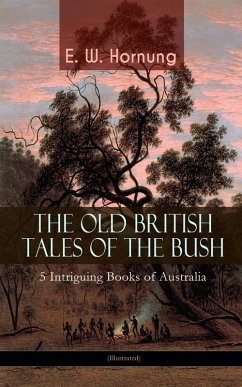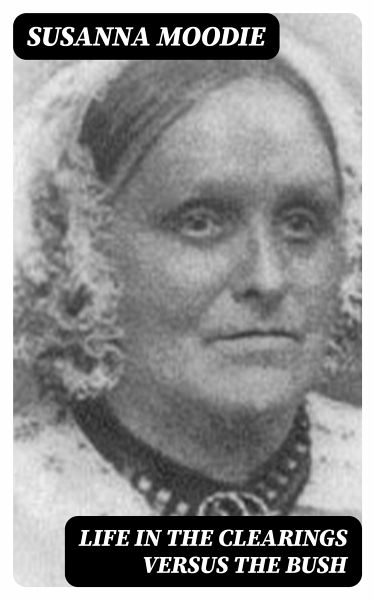
Life in the Clearings versus the Bush (eBook, ePUB)

PAYBACK Punkte
0 °P sammeln!
In "Life in the Clearings versus the Bush," Susanna Moodie crafts a vivid narrative that juxtaposes the civilized life of the settler with the untamed wilderness of Canada. Written in a richly descriptive literary style, the book serves as both a memoir and a social commentary, capturing the struggles, triumphs, and the harsh realities faced by early European settlers in the 19th century. Moodie's poignant observations and evocative prose transport readers into the heart of the Canadian bush, while her insightful comparisons highlight the stark contrasts between the comforts of colonial life a...
In "Life in the Clearings versus the Bush," Susanna Moodie crafts a vivid narrative that juxtaposes the civilized life of the settler with the untamed wilderness of Canada. Written in a richly descriptive literary style, the book serves as both a memoir and a social commentary, capturing the struggles, triumphs, and the harsh realities faced by early European settlers in the 19th century. Moodie's poignant observations and evocative prose transport readers into the heart of the Canadian bush, while her insightful comparisons highlight the stark contrasts between the comforts of colonial life and the challenges of nature. Susanna Moodie, born in England in 1803, immigrated to Canada with her husband in search of a better life. Her firsthand experiences as a settler, combined with her background in literature, inform her nuanced portrayal of life in the New World. Moodie's ability to articulate the complexities of identity, gender, and the immigrant experience stems from her own creative and challenging journey, making her a significant voice in Canadian literature. "Life in the Clearings versus the Bush" is a compelling read for anyone interested in the intricacies of colonial life, nature, and the immigrant narrative. Moodie's keen observations and heartfelt reflections not only shed light on the past but also invite contemporary readers to ponder the enduring conflicts between civilization and wilderness.
Dieser Download kann aus rechtlichen Gründen nur mit Rechnungsadresse in A, B, BG, CY, CZ, D, DK, EW, E, FIN, F, GR, H, IRL, I, LT, L, LR, M, NL, PL, P, R, S, SLO, SK ausgeliefert werden.




